567: Tories Woes, Brexit, Taxes and Economic Slowdown - all is not well
04-09-2016
PropertyInvesting.net team
Landlord Savaged: The last few weeks have not been very good for property investors. Off the back of successive savage tax attacks by Chancellor Osbourne the spectre of the June 23 Brexit vote uncertainty, there has been a catalogue of destabilizing bad news recently:
· The Panama papers – putting intense pressure David Cameron and his bid to stay within the EU with Osbourne also being drawn in
· Record trade deficit figures for February – partly caused by the low oil prices, weak Sterling and miserable North Sea drilling activity plus manufacturing onshore being in the doldrums
· Weakening Sterling ahead of the Brexit vote
· Further threats on foreign investors using London property as a safe haven
· The Tata Steelworks close-down debacle – further illustrating how uncompetitive UK manufacturing has become – is it any wonder when you consider the sky-high energy prices caused by failed energy policies over the last 15 years and pandering to uneconomic energy system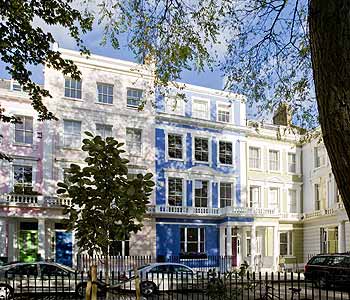 s like offshore wind farms and PV solar panels in places like Scotland and NW England (two of the least sunny places on earth).
s like offshore wind farms and PV solar panels in places like Scotland and NW England (two of the least sunny places on earth).
· The end of a mini-property boom caused by buy-to-let investors grabbing properties before the stamp duty goes 3% for second homes on 6 April.
Tories in Trouble: David Cameron in a recent poll all of a sudden is less popular then Jeremy Corbyn – incredible considering the turmoil the Labour party were in only 2-3 months ago. It has not been a good week for the Tories.
Brexit Fears: We now think the summation of all these problems will send property prices into a stagnant phase in the next few months as the Brexit uncertainty and 3% stamp duty hammers property buyer’s confidence, particularly in high end London property. The vestiges of the ripple effect may continue for a while in more affordable places like Leicester, Rugby and Gravesend – but we are bound to see a major slowdown – and we could even see a crash if the UK population decides on a Brexit, which seems more likely now that Cameron and Osbourne are on the back foot over the economy and offshore tax havens.
Rural Areas Would Be Worst Affected: Despite all of this, if the UK exits the EU, the worst affected areas are likely to be places far away from London and rural area that rely on EU subsidies and trade. Hence we think it is very risky at the moment investing in places like Wales, Scotland and NE England.
Criteria for Higher Property Prices: We are now going to ask the question why property prices are higher in London/SE England compared to other areas. If you look at a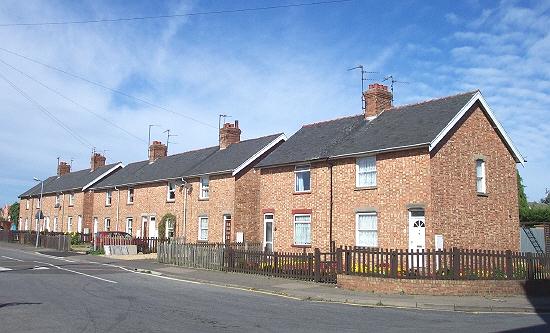 ll these criteria below, you will understand why West London property prices are so high. London ticks all these boxes.
ll these criteria below, you will understand why West London property prices are so high. London ticks all these boxes.
-
High paid jobs – finance, technology, media and professional
-
Warm weather
-
Sunny weather
-
Annual daylight hours
-
Drier climate
-
Proximity to Europe
-
Proximity to international airports
-
Universities
-
Private schools
-
Nice countryside
-
Proximity to historic towns and cities - culture
-
Theatres, cafes, restaurants, shops
-
Shortage of homes being built compared to demand
-
Shortage of low cost building land
-
Nimbyism and tough planning regulations
-
Demand for property caused by rising wages, employment, business and population
Contrast: Now let’s take look at a place at completely the other end of the spectrum – a rural village in 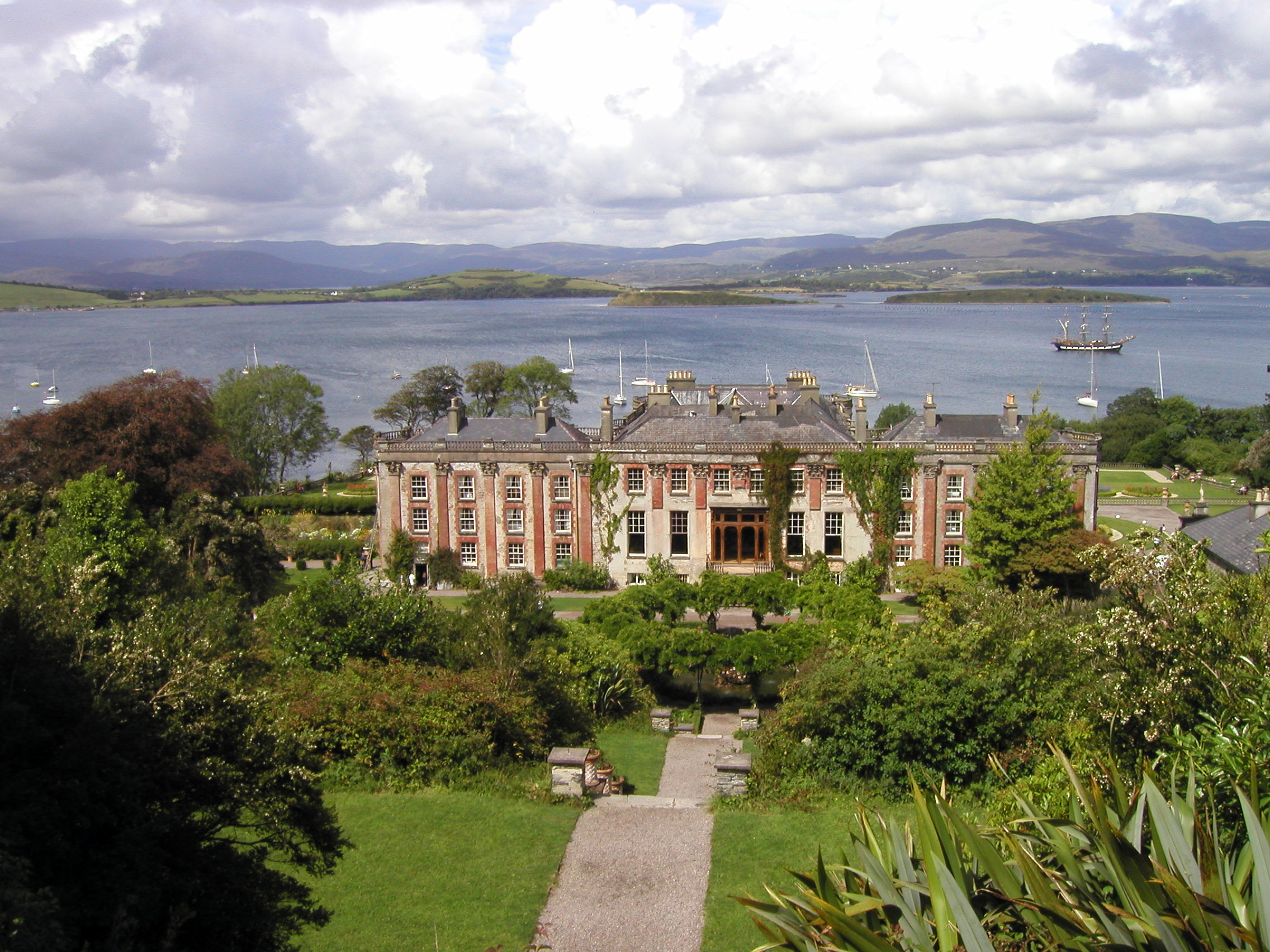 NW Scotland. It is remote, dark, rains a lot, has very little sunlight hours, no significant industry or commerce, no high paid jobs, very little in the way of historic towns-cities, no universities or top schools, depopulating area with a lot of available land to build on, poor agriculture, far removed from any airport, barren countryside, no high paid jobs in finance, no high-tech jobs, few professional services etc. We could understand property prices rising in places like St Andrews – because of the University, proximity to airports, Edinburgh etc, but not in the far outposts of mainland NW Scotland.
NW Scotland. It is remote, dark, rains a lot, has very little sunlight hours, no significant industry or commerce, no high paid jobs, very little in the way of historic towns-cities, no universities or top schools, depopulating area with a lot of available land to build on, poor agriculture, far removed from any airport, barren countryside, no high paid jobs in finance, no high-tech jobs, few professional services etc. We could understand property prices rising in places like St Andrews – because of the University, proximity to airports, Edinburgh etc, but not in the far outposts of mainland NW Scotland.
South Devon Example: However, if you go to relatively remote Salcombe in South Devon, the weather is far better, lots of sun, beaches, professionals that visit from London, quite close to Exeter airport, high demand for property, very little building, lots of nice cafes, restaurants, nice countryside, good schools, Exeter University close by – a cathedral city, with lots of good professional jobs in Exeter. Its not difficult to see why prices in South Devon will likely rise in future years.
Rochdale Example: The purpose of this analysis is not to say you cannot make serious money buying properties in places like Rochdale and Bury, but overall the capital value gains are likely to be far less and the problems you get investing in a derived area are often difficult to manage remotely since re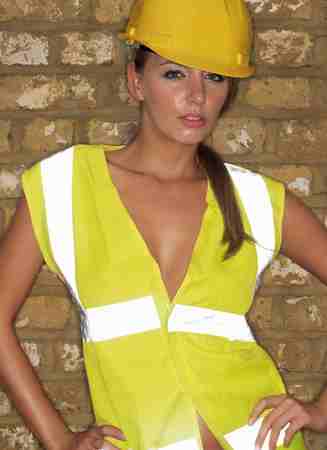 ntal demand is low, rental prices are low and unemployment and associated crime and problems are normally high. You are probably better off investing in an area with lower yield but with a higher chance of low risk and high capital value increase in future years – any area well connected to London and offering as many of the criteria mentioned above as possible. You have to ask yourself - who would want to live in Rochdale or Bury - and would you choose to live in Rochdale or Bury? You can ask this question about any place in the UK of course - and if the answer is yes, you are more likely to see house prices rise and rental prices rises.
ntal demand is low, rental prices are low and unemployment and associated crime and problems are normally high. You are probably better off investing in an area with lower yield but with a higher chance of low risk and high capital value increase in future years – any area well connected to London and offering as many of the criteria mentioned above as possible. You have to ask yourself - who would want to live in Rochdale or Bury - and would you choose to live in Rochdale or Bury? You can ask this question about any place in the UK of course - and if the answer is yes, you are more likely to see house prices rise and rental prices rises.
Positive Improvements: If the area is positively improving because of new business or infra-structure developments (e.g. Acton, Abbey Wood, Forest Gate, Woolwich - Crossrail) then price are likely to rise along with rental prices - all good news for property investors.
Harder Business: From now onwards, it will be far harder to make profits in buy-to-let, particularly new entrants – so the investor needs to be careful, manage risks appropriately and only buy if the rational seems to point in the right direction on almost all indicators. The Tories have made it very difficult for buy-to-let to be economic and henceforth this will cause further problems and a deepening of the housing crisis as rental property dries up and rents skyrocket later in 2016-2019. One of the key criteria is employment and high wages – so you are destined for problems if you invest in area which will be negatively impacted by a Brexit like:
· Remote rural areas, off the tourist and second home trails
· Manufacturing dominated areas with heavier industries - e.g. Redcar, Glasgow, Barrow
· Areas far from high paid jobs in major cities
Choosing The Right Area: One can see a rational for investing in up and c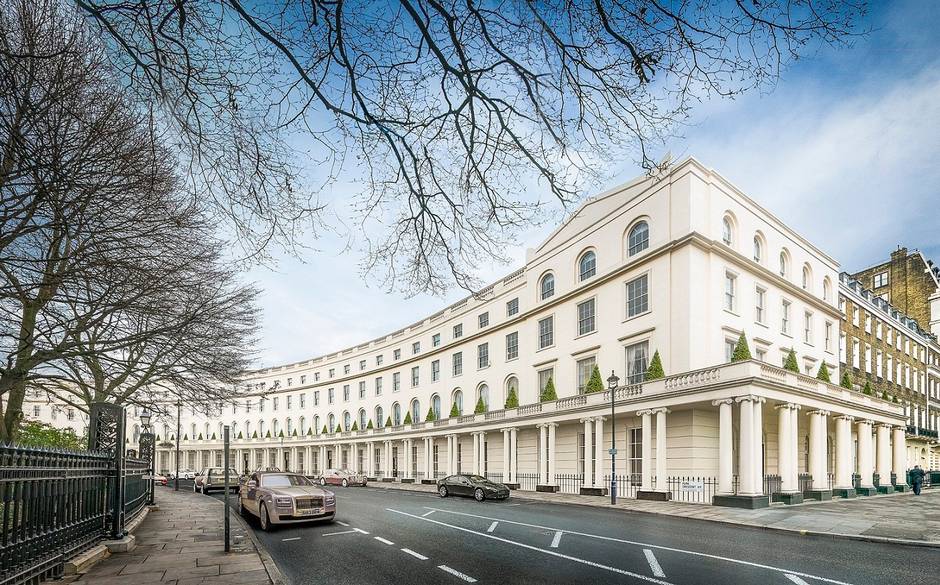 oming areas of major cities like Leeds, Manchester and Birmingham – and definitely London and surrounding areas – including those in southern England on the tourist trails (Devon, Cornwall, Dorset) but we would be very careful in remote areas of Wales and Northern UK like Barmouth, NW Scotland, NE England, Barrow/Bury/Rochdale for example. Overall, it’s probably best to hold off any investment for the next few months – to see how the Brexit vote goes and de-risk the possibility of a serious recession that could occur by year end - that would clobber house prices and employment. Also, the new taxes on buy-to-let could precipitate a house price crash, unlikely but possible - and if we see this - early signed would come in the mid May then mid June Rightmove.co.uk property price reports.
oming areas of major cities like Leeds, Manchester and Birmingham – and definitely London and surrounding areas – including those in southern England on the tourist trails (Devon, Cornwall, Dorset) but we would be very careful in remote areas of Wales and Northern UK like Barmouth, NW Scotland, NE England, Barrow/Bury/Rochdale for example. Overall, it’s probably best to hold off any investment for the next few months – to see how the Brexit vote goes and de-risk the possibility of a serious recession that could occur by year end - that would clobber house prices and employment. Also, the new taxes on buy-to-let could precipitate a house price crash, unlikely but possible - and if we see this - early signed would come in the mid May then mid June Rightmove.co.uk property price reports.
We hope this Special Report has given you context for property investing in 2016 and the risks that are on the horizon in the next few months. If you have any queries, we can be contacted on enquiries@propertyinvesting.net

